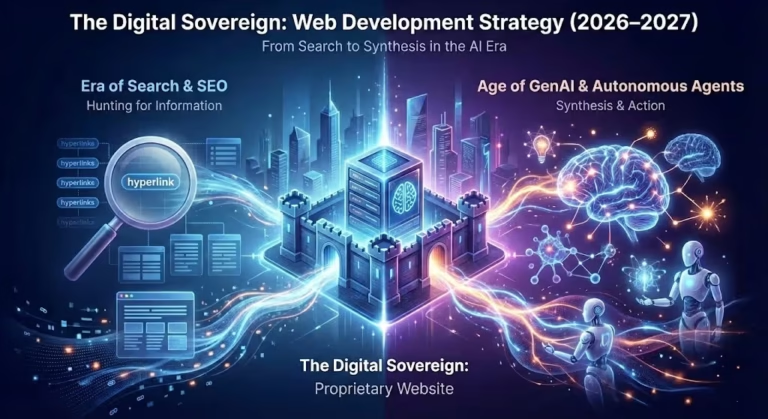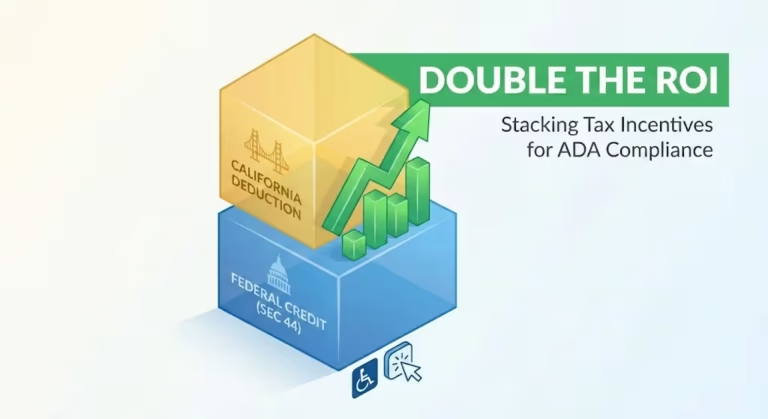The fusion of machine learning and SEO is transforming how businesses approach search engine optimization. Gone are the days of reactive strategies; predictive SEO, powered by machine learning, enables marketers to anticipate trends, optimize content proactively, and stay ahead of evolving user behavior. This approach harnesses data-driven insights to forecast search rankings, refine strategies, and automate SEO tasks with precision. In this article, we’ll explore how machine learning is revolutionizing predictive SEO, offering businesses the tools to thrive in a competitive digital landscape.
Understanding Predictive SEO
Predictive SEO leverages historical data, machine learning, and analytics to forecast future search rankings and user trends. Instead of relying solely on real-time adjustments, businesses can predict which keywords, topics, and formats will perform best. This allows marketers to anticipate shifts and craft content that resonates with audience interests. By incorporating innovative web development solutions, businesses can create websites optimized for both users and search engines.
Predictive SEO helps optimize content before trends peak, giving businesses a competitive edge. Anticipating search trends and algorithm changes leads to more efficient planning and SEO strategies. In today’s fast-paced digital world, this proactive approach is invaluable.
How Machine Learning Enhances SEO Strategies
Machine learning has transformed SEO by enabling algorithms to learn from data and make predictions. It enhances SEO by better understanding user behavior. Machine learning algorithms track user interactions like time spent on a page, bounce rates, and conversion paths, offering valuable insights for content strategy adjustments.
Machine learning also aids in optimizing search engine algorithms. Google, for instance, uses machine learning in its RankBrain algorithm to interpret complex search queries and improve search result relevancy. For example, if a user searches “What are some digital marketing agencies in the Vancouver area?” machine learning can identify keywords like “digital marketing agency Vancouver” as the most effective and relevant to the search. This means that SEO professionals can now optimize content for user intent rather than just keywords. Machine learning helps identify the deeper meanings behind search queries, enabling marketers to create content that answers questions more thoroughly.
Machine Learning Algorithms for SEO Forecasting
Machine learning algorithms for SEO forecasting use various data models to predict performance. Popular methods include:
- Regression analysis: This technique predicts the relationship between variables like search volume, keyword difficulty, and organic traffic. It can forecast how changes in one variable will impact others, enabling SEO specialists to anticipate shifts in rankings.
- Decision trees: These algorithms help with classification problems by breaking down decision-making processes into a tree-like structure, allowing for more detailed predictions about which SEO factors will drive traffic.
- Natural Language Processing (NLP): NLP algorithms are key for understanding how search engines interpret content and for identifying the most effective keywords. They can also analyze user-generated content such as reviews, social media comments, and forum discussions to gain insights into user sentiment and intent.
- Clustering algorithms: Clustering helps segment keywords or user behaviors into groups with similar characteristics, aiding in more targeted content creation and SEO strategies.
These algorithms work together to predict ranking changes based on SEO factors.
Integrating Predictive Analytics into SEO Campaigns
Predictive analytics helps businesses forecast trends in keywords, user engagement, and content success. Steps to integration include:
- Data collection: Businesses need to gather extensive amounts of data, including search history, user demographics, engagement metrics, and competitive analysis. The richer the dataset, the better the predictive models.
- Data modeling: Using machine learning algorithms, this data is analyzed to identify patterns and relationships. For instance, predictive models can assess how certain keywords are likely to perform based on past trends and user behavior.
- Scenario planning: Once the data has been analyzed, businesses can create scenarios that simulate how different SEO strategies will play out. For example, they can predict how targeting specific long-tail keywords might improve ranking over a six-month period.
- Implementation: After identifying predictive insights, businesses can incorporate these findings into their SEO strategy—optimizing website content, improving site structure, and launching targeted campaigns based on forecasted trends.
Optimizing Content Using Machine Learning Insights
Machine learning offers valuable insights for content optimization. Algorithms can assess user behavior, rankings, and competitors to recommend improvements in readability, relevance, and comprehensiveness. NLP models align keywords with user intent, while sentiment analysis tools help optimize for emotional resonance. These insights lead to higher engagement and improved rankings.
Automating SEO Tasks with Machine Learning
Automation is one of the most powerful benefits of machine learning in SEO. Many repetitive tasks that would traditionally require manual effort can now be automated, improving efficiency and accuracy.
For example, machine learning algorithms can automate keyword research by analyzing massive amounts of data to suggest keywords with high potential. Similarly, on-page SEO elements like meta tags, headings, and alt attributes can be optimized automatically based on content performance data.
Machine learning also simplifies the process of link building by identifying quality websites for backlinking and predicting which outreach strategies will be most effective. Automated technical audits of websites help uncover issues such as broken links, slow page load speeds, or mobile-friendliness problems without requiring manual intervention. This automation saves significant time and ensures that SEO efforts are continuously refined.
Measuring the Impact of Machine Learning on SEO Performance
Measuring the impact of machine learning on SEO performance involves analyzing key performance indicators (KPIs) such as organic traffic, search engine rankings, and user engagement. Tracking performance based on comprehensive digital marketing insights gives businesses a clearer view of how machine learning is enhancing their SEO efforts, providing actionable feedback for continuous improvement.
Additionally, predictive models can estimate the ROI of SEO campaigns by comparing current performance with historical data and expected future outcomes. These measurements are critical for understanding how machine learning-driven optimizations are influencing search visibility and overall business outcomes.
Case Studies: Machine Learning Success in SEO
Many companies have successfully integrated machine learning into their SEO strategies. Amazon, for instance, uses machine learning to deliver personalized product recommendations, improving search relevancy and conversions. Netflix also uses machine learning to enhance content discovery and search visibility through personalized recommendations.
Future Trends in Predictive SEO and Machine Learning
As machine learning technology continues to evolve, predictive SEO will become even more sophisticated. We can expect several trends to emerge in the near future:
- Real-time predictive SEO: Machine learning models will become faster and more accurate, allowing businesses to adjust their SEO strategies in real-time based on live data inputs.
- Voice search optimization: With the rise of voice-activated search, machine learning will play a critical role in understanding conversational queries and optimizing content for voice searches.
- Hyper-personalization: Predictive SEO will become more personalized as algorithms learn to cater to individual user preferences, search habits, and even geographic locations.
- AI-generated content: Machine learning may also help automate content creation based on predictive insights, ensuring that content is always relevant and optimized for both search engines and users.
The fusion of predictive SEO and machine learning promises a future where SEO strategies are more proactive and aligned with ever-changing user needs. Businesses that invest in these technologies today will be well-positioned for success in the digital landscape.


